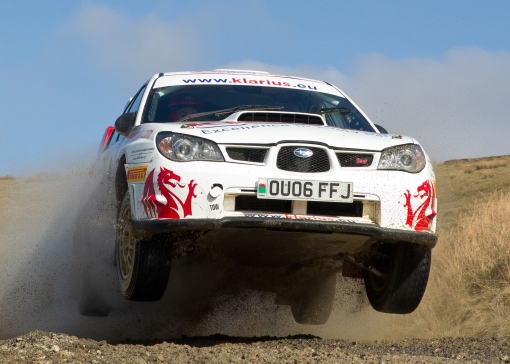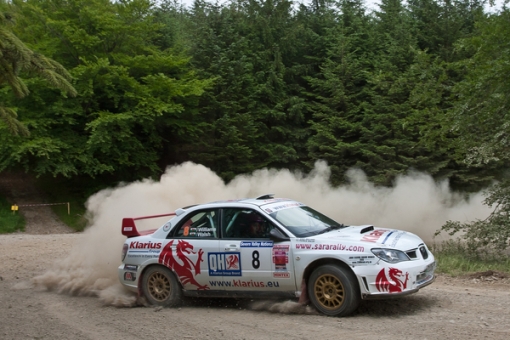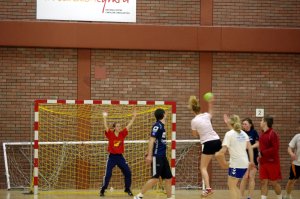Table tennis is another relatively non-mainstream sport hoping for a boost as a result of coverage at the London Olympic Games. One of Wales’ top players in recent years, Ryan Jenkins (brother of fellow Welsh international table tennis player, Stephen) is now involved in a drive to encourage more people to take the game up and to improve coaching standards.
At the Sport Wales Coach of the Year awards earlier this month, he won the Contribution to Coach Development category. Such is his commitment to table tennis, the ceremony heard, he rarely has a weekend at home in Wales; instead he is travelling around the country and the world with those he coaches.
Here is the blurb from the event’s programme:
Ryan works closely with the newly trained and developing tutor workforce to ensure that Wales has its own pool of tutors and assessors to provide coach education opportunities in their local areas.
Huw Silk: Congratulations on your Sport Wales award – can you describe exactly what you do in coaching terms?
Ryan Jenkins: I coach from under 11 right through to the men’s and women’s national teams. I’m in charge of development and performance table tennis plans.
HS: When did you first start playing? Most people have played table tennis at some level in school common rooms etc, but when and why did you decide to take it to a higher level?
RJ: I started when I was seven years old in the local boys club in Ystrad Rhondda. I started to get good and was invited to the Welsh squad when I was 12 years old. It just got out of hand! I love table tennis and that’s why I continued to the next levels.
HS: Do you still play at national level? What are your current and highest rankings?
RJ: Yes I still play as I want to show my players how always to be professional. My highest world ranking is 175, now I’m 278. My highest British ranking is first when I won the title in 1999 and 2005. I’m currently around fourth.
HS: Which top-level international tournaments have you competed at?
RJ: I have played in three Commonwealth Games, seven World Championships and eight European Championships. I have won six Commonwealth medals to date.
HS: What is it like competing at such a high level, almost the pinnacle of your sport?
RJ: Fantastic – such a feeling to know you are doing what you enjoy every day and always trying to be better at it. It’s a great feeling when so many people want to watch you because you are good at something.
HS: What is it like receiving proportionately less coverage than fellow competitors in athletics, swimming etc?
RJ: It’s life. Table tennis needs to be better in showcasing itself first. People have a wide choice on what they wish to watch so table tennis needs to try harder to get more viewers.
HS: What are your hopes for Welsh players at the 2012 Olympics and over the next decade? Are you hopeful regarding the potential legacy?
RJ: I hope we get a player at London. Naomi Owen (22 years old) is our best bet as she is in the squad, as is Charlotte Carey (15 years old). I want two to three players in the GB squad in four years’ time!!!
HS: Why do you think table tennis has not caught on here in the same way it has in the Far East?
RJ: In reverse we could ask the same about rugby. Some countries just like certain sports and that’s hard to change. It will take Wales to produce a world or Olympic champion – as what happens at Wimbledon with tennis – for everyone to know their best players and support them. In turn viewers will want to try their hand at it and then the sport starts getting popular and more sponsors get into the sport. It snowballs from there. Let’s hope our youngsters are inspired.









